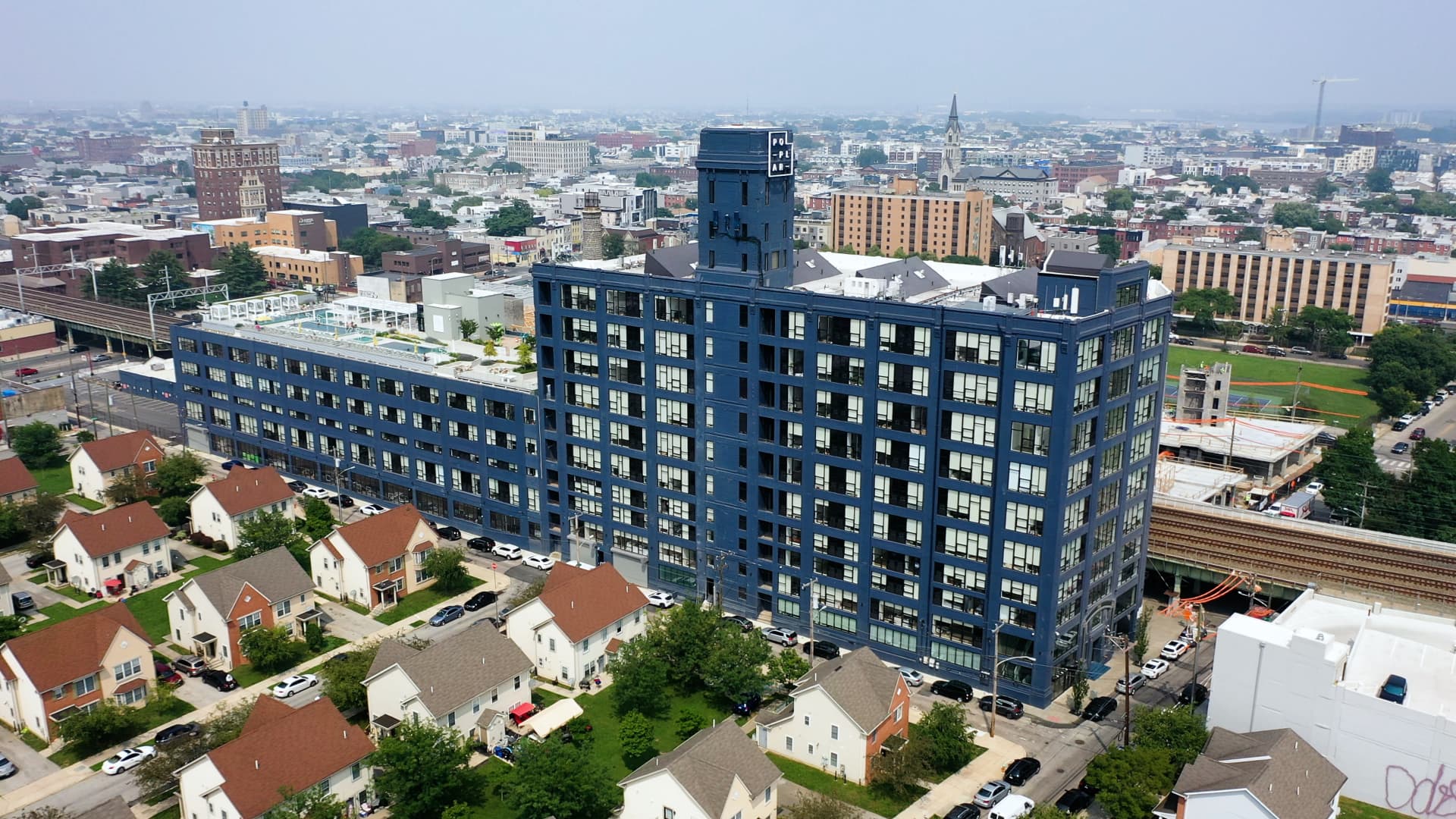Mayors in cities across the U.S. want to loosen rules that can slow the pace of office-to-residential conversions. In some instances, cities have offered generous tax abatements to developers who build new housing.
“We have a great opportunity to change the uses in the downtown,” said Washington, DC, Mayor Muriel Bowser at a December 2022 news conference in support of her housing budget proposals.
“It’s absolutely a budget gimmick” said Erica Williams, executive director at the DC Fiscal Policy Institute, referring to Bowser’s 2023 proposal to increase the downtown developer tax break. “We fully support the idea that some of these buildings could be turned into residential properties or into mixed-use properties, but that we don’t necessarily need to subsidize that.”
In New York City, a task force of planners assembled by Mayor Eric Adams is studying the effects of zoning changes, and possible abatements for developers who include affordable units in conversions.
Cities like Philadelphia have previously embraced these policies to revitalize their downtowns. In Philadelphia, homeowners and investors received more than $1 billion in tax breaks for their renovation projects.
A small collective of developers have taken on this challenging slice of the real estate business. Since 2000, 498 buildings have been converted in the U.S., creating 49,390 new housing units through the final quarter of 2022, according to real estate services firm CBRE.
Prominent investors Societe Generale and KKR have worked with developers like Philadelphia-based Post Brothers to finance institutional-scale office conversions in expensive central business districts.
“Capital has gotten much more limited,” said Michael Pestronk, CEO of Post Brothers. “We’re able to get financing today. … It is a lot more expensive than it was a year ago.”
Many experts believe local governments will alter zoning laws and building codes to make these conversions easier over the years.
“Our rules are in the way, and we need to fix that,” said Dan Garodnick, director of New York City’s Department of City Planning.
Watch the video above to learn how cities are getting developers to convert more offices into apartments.
